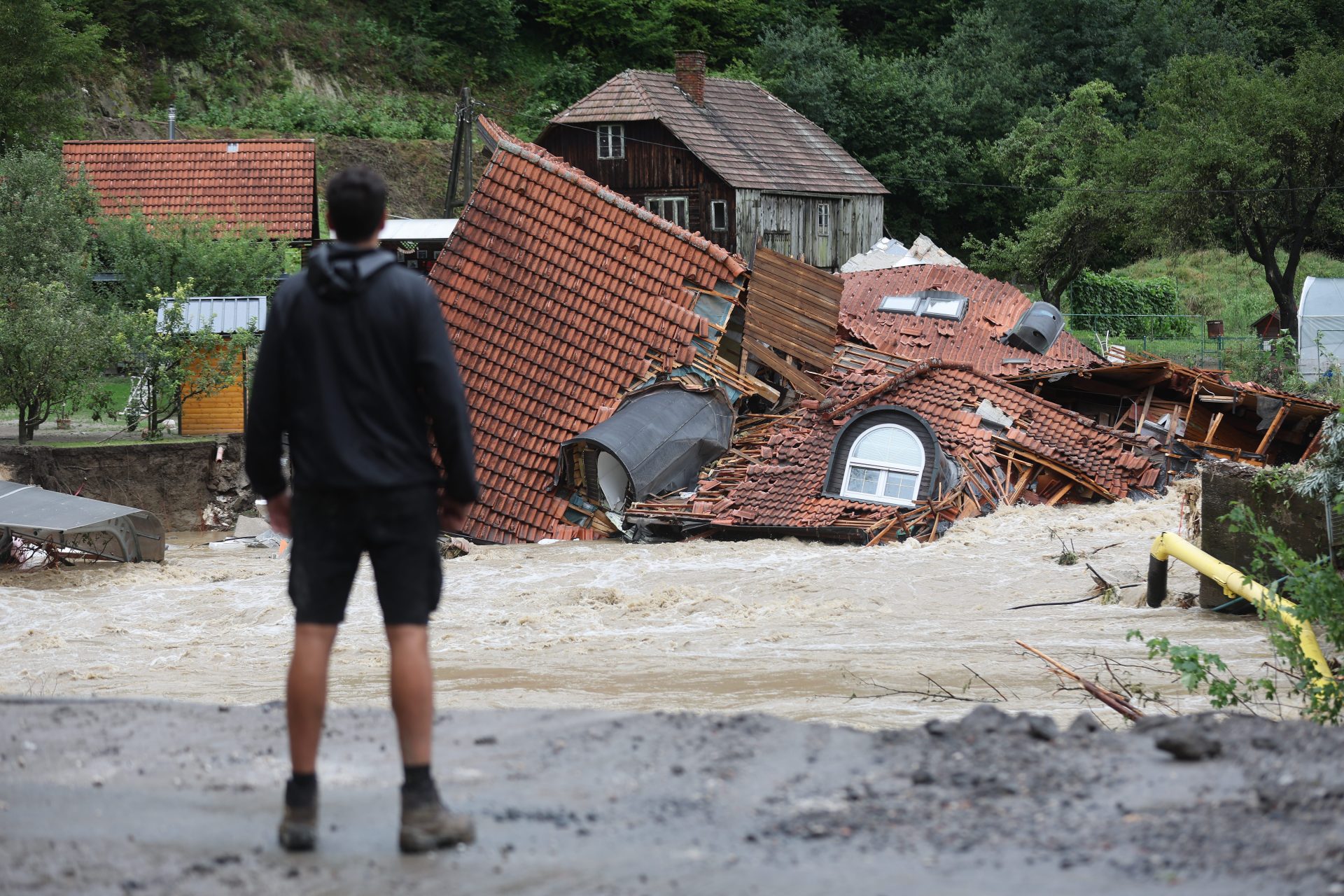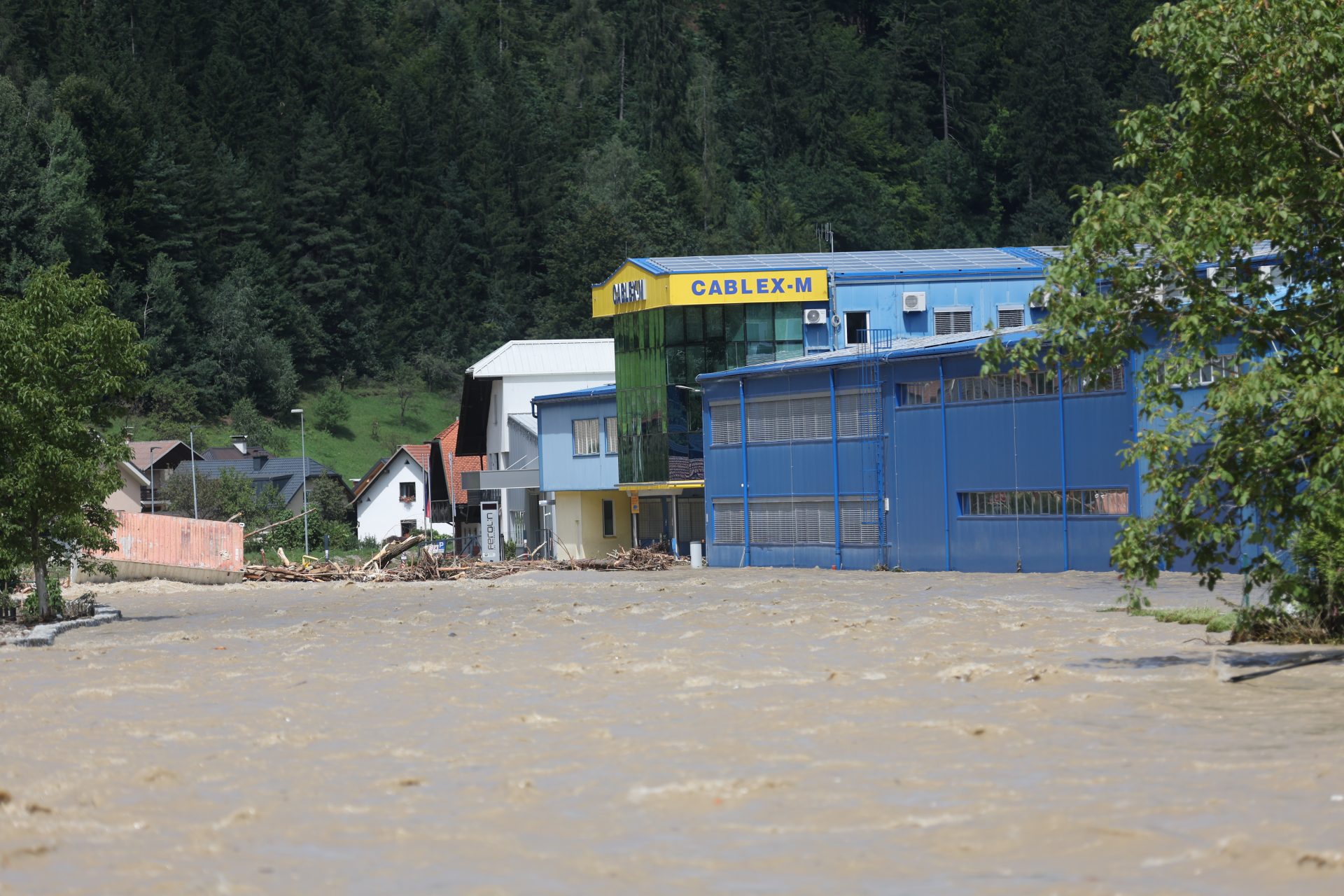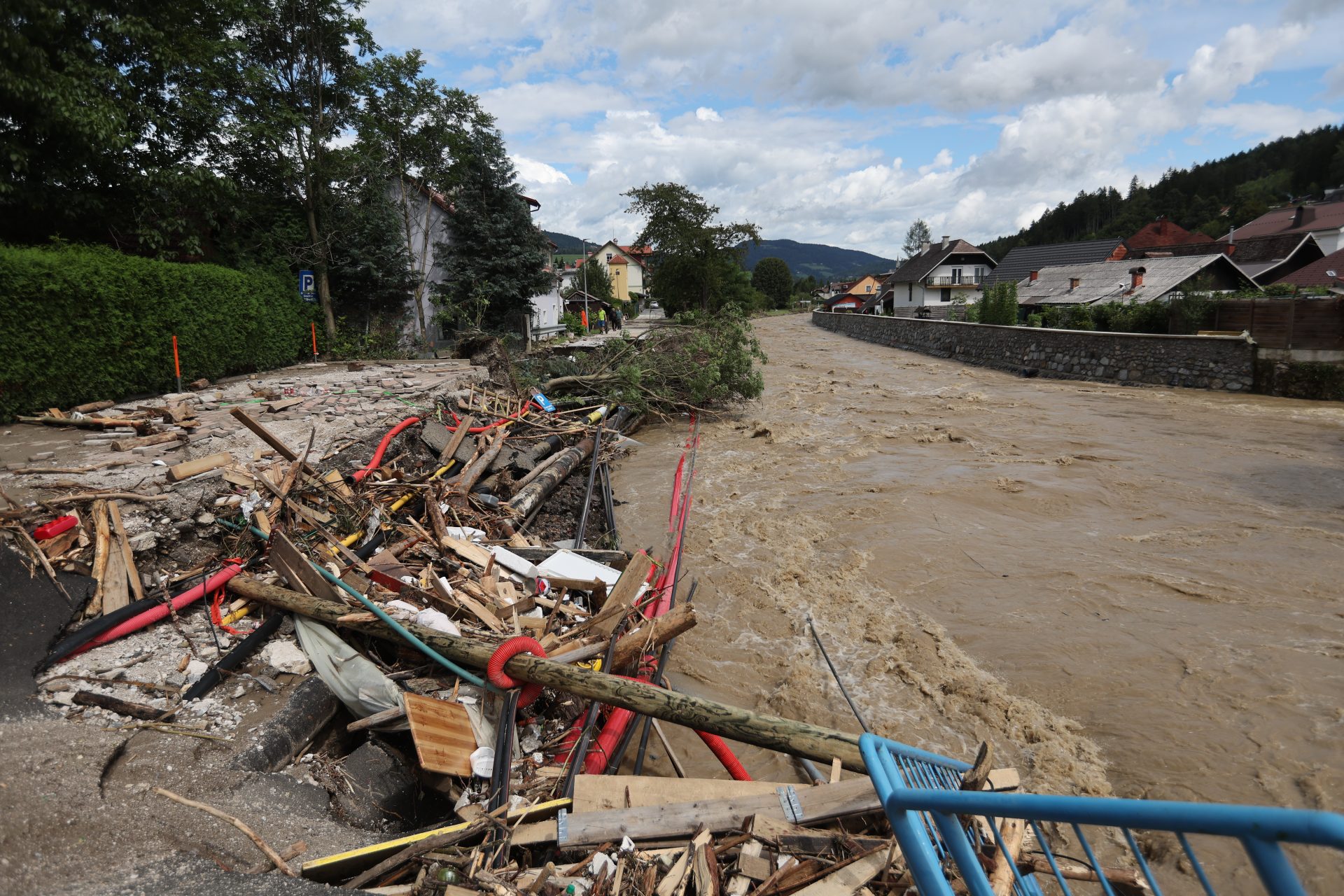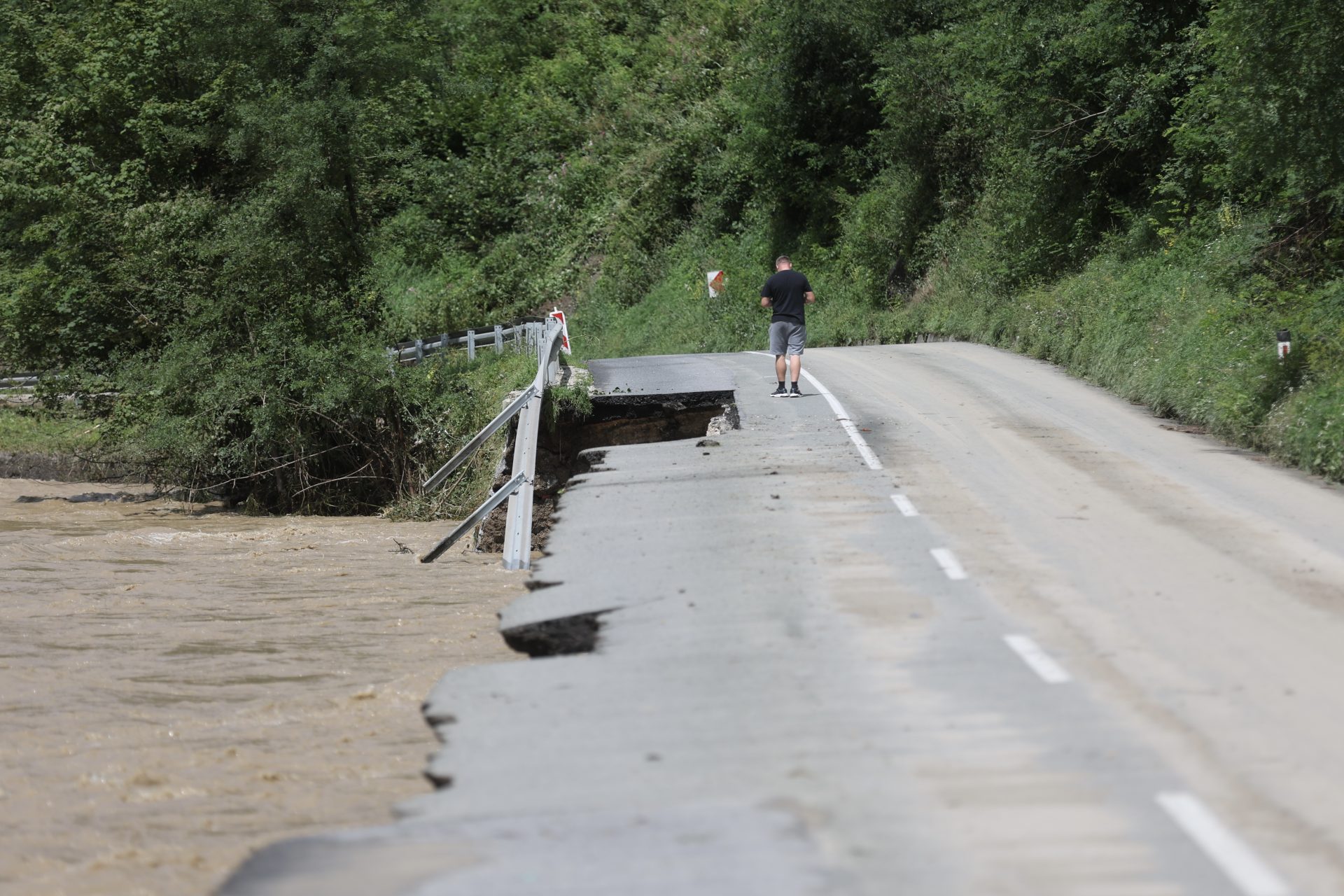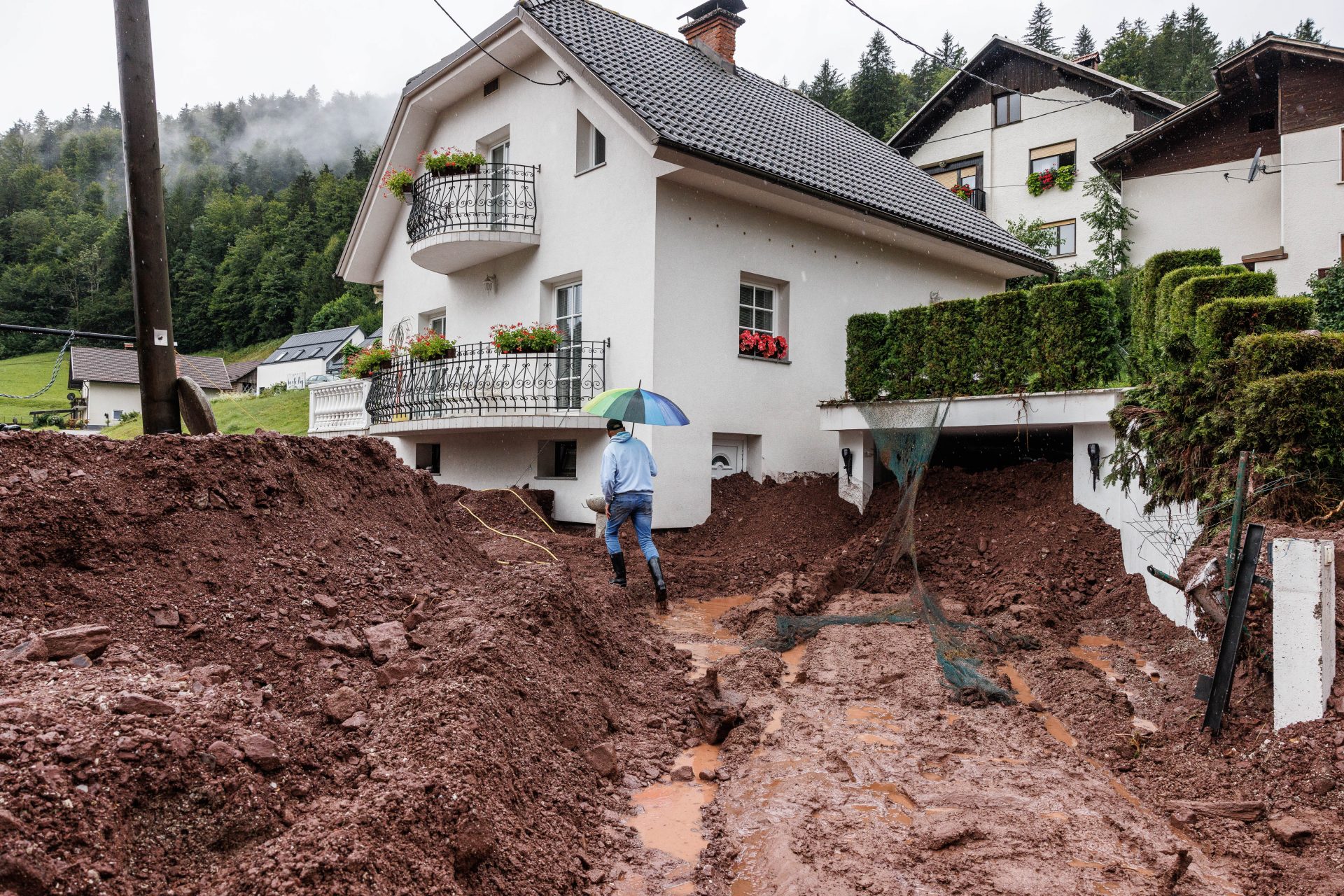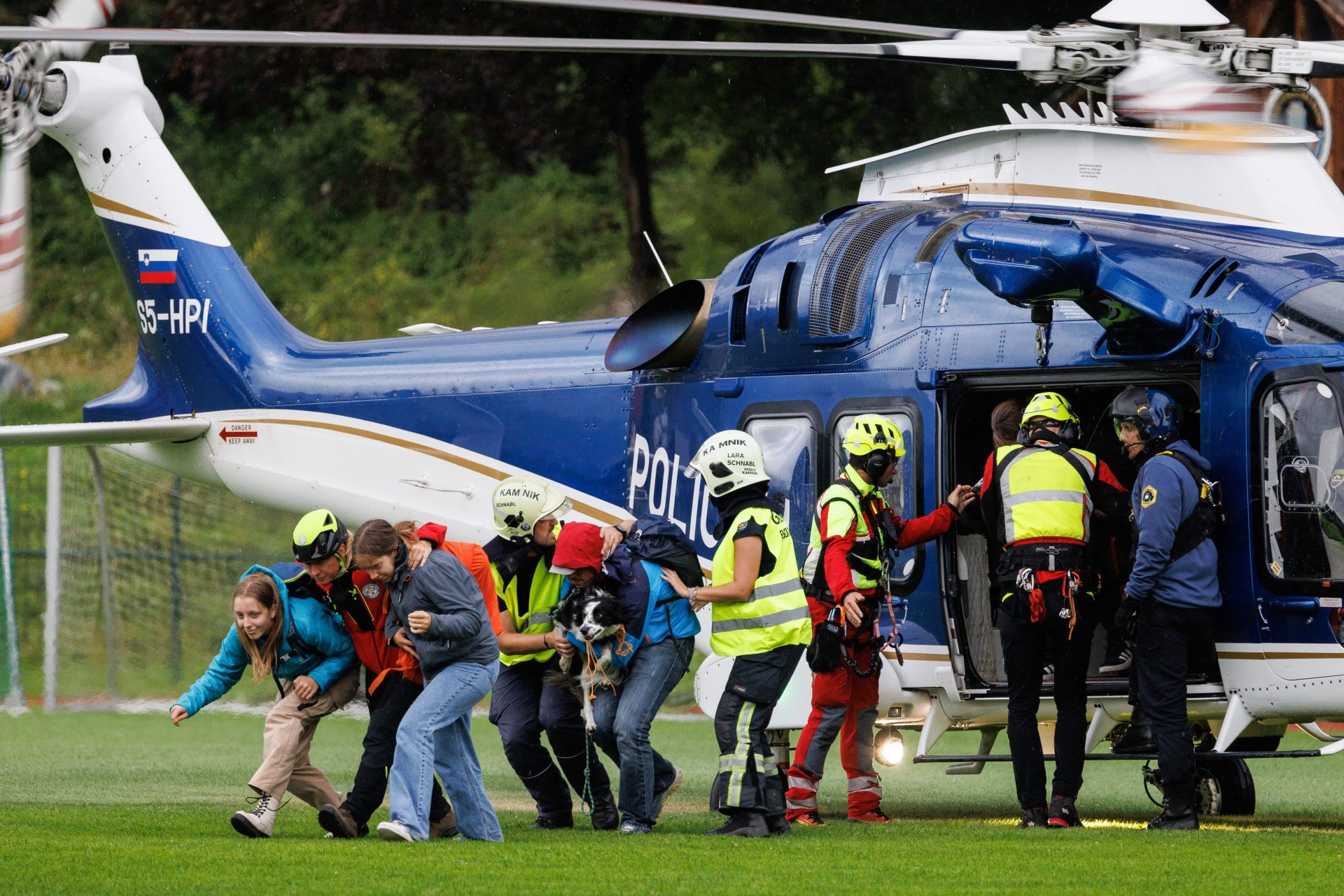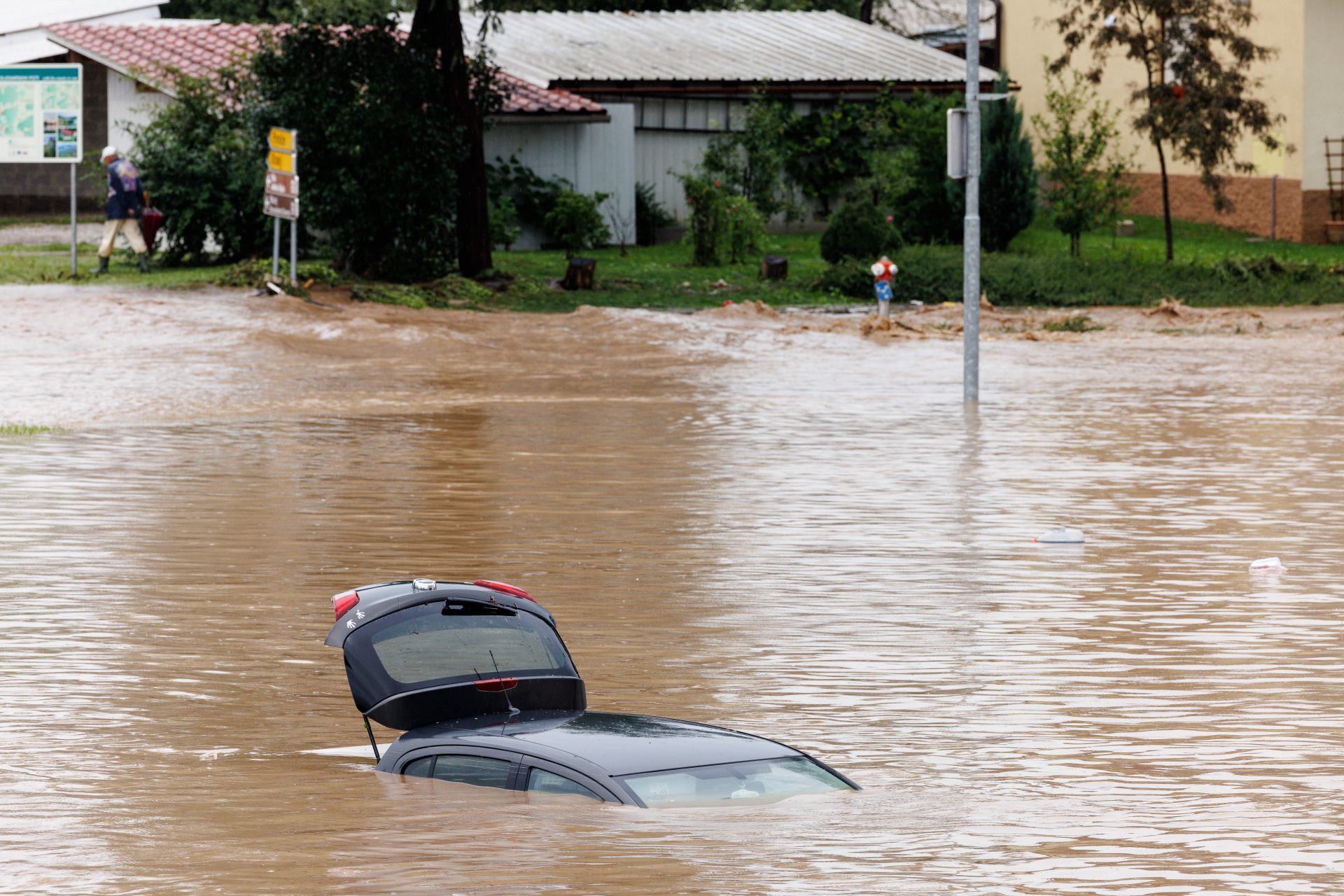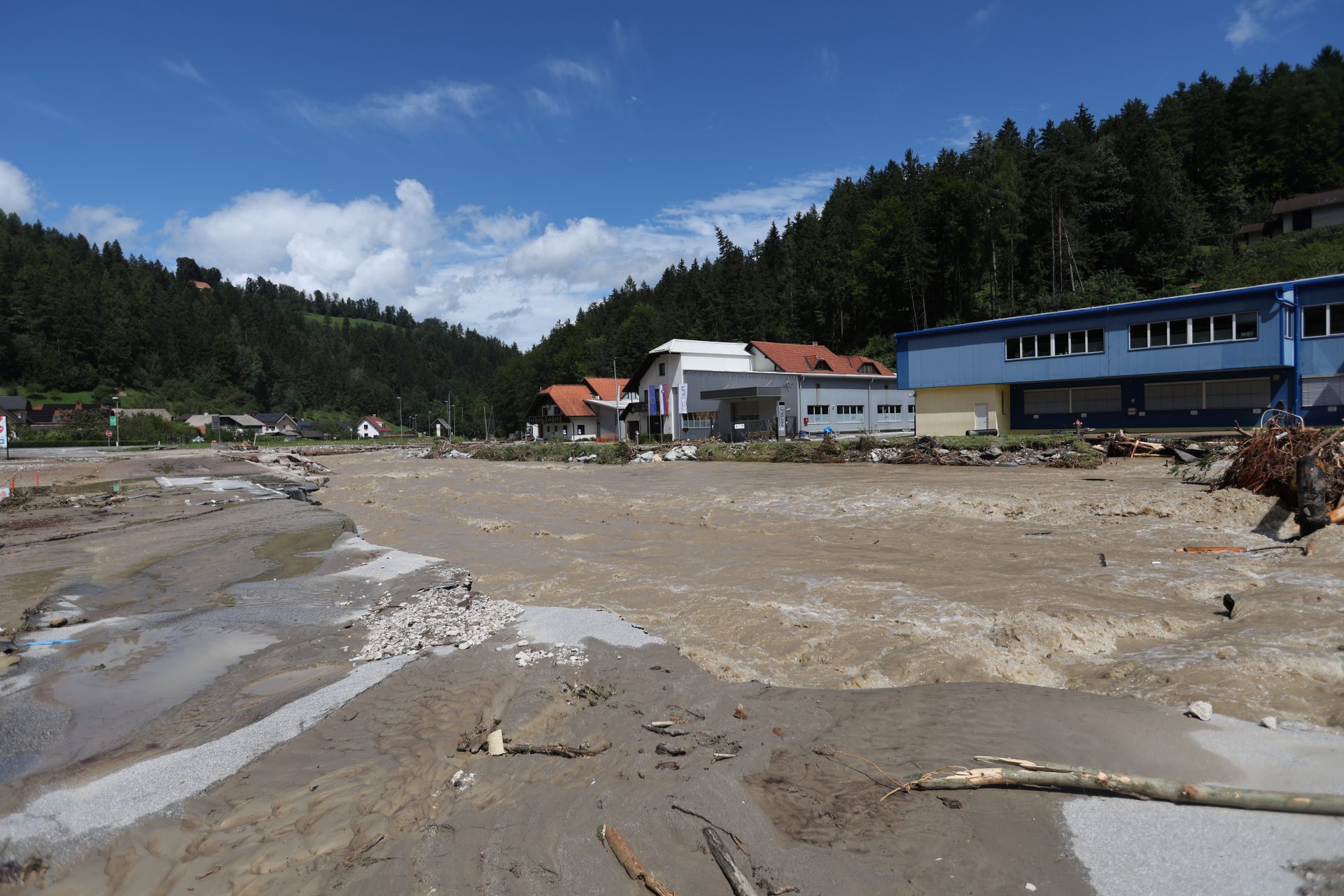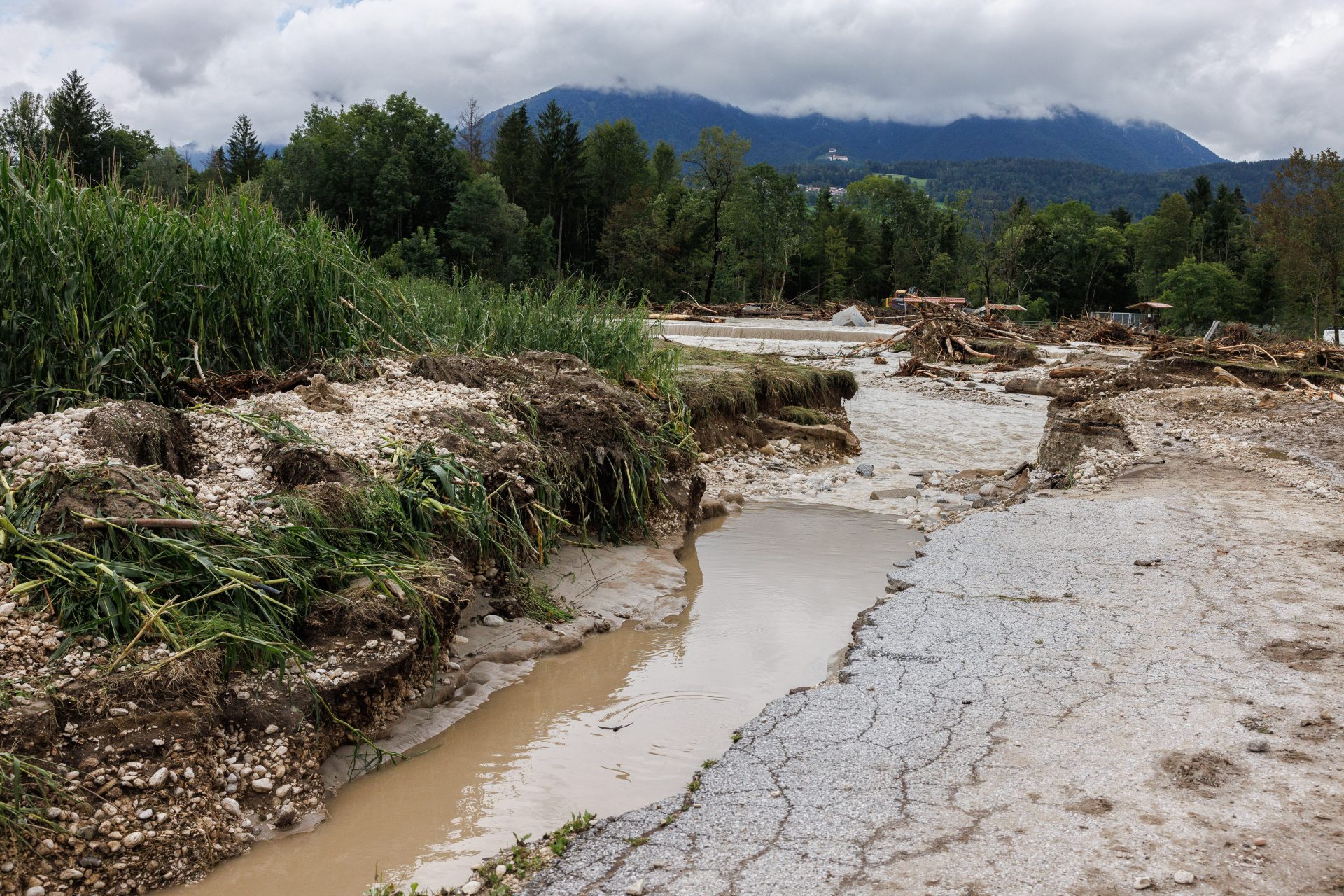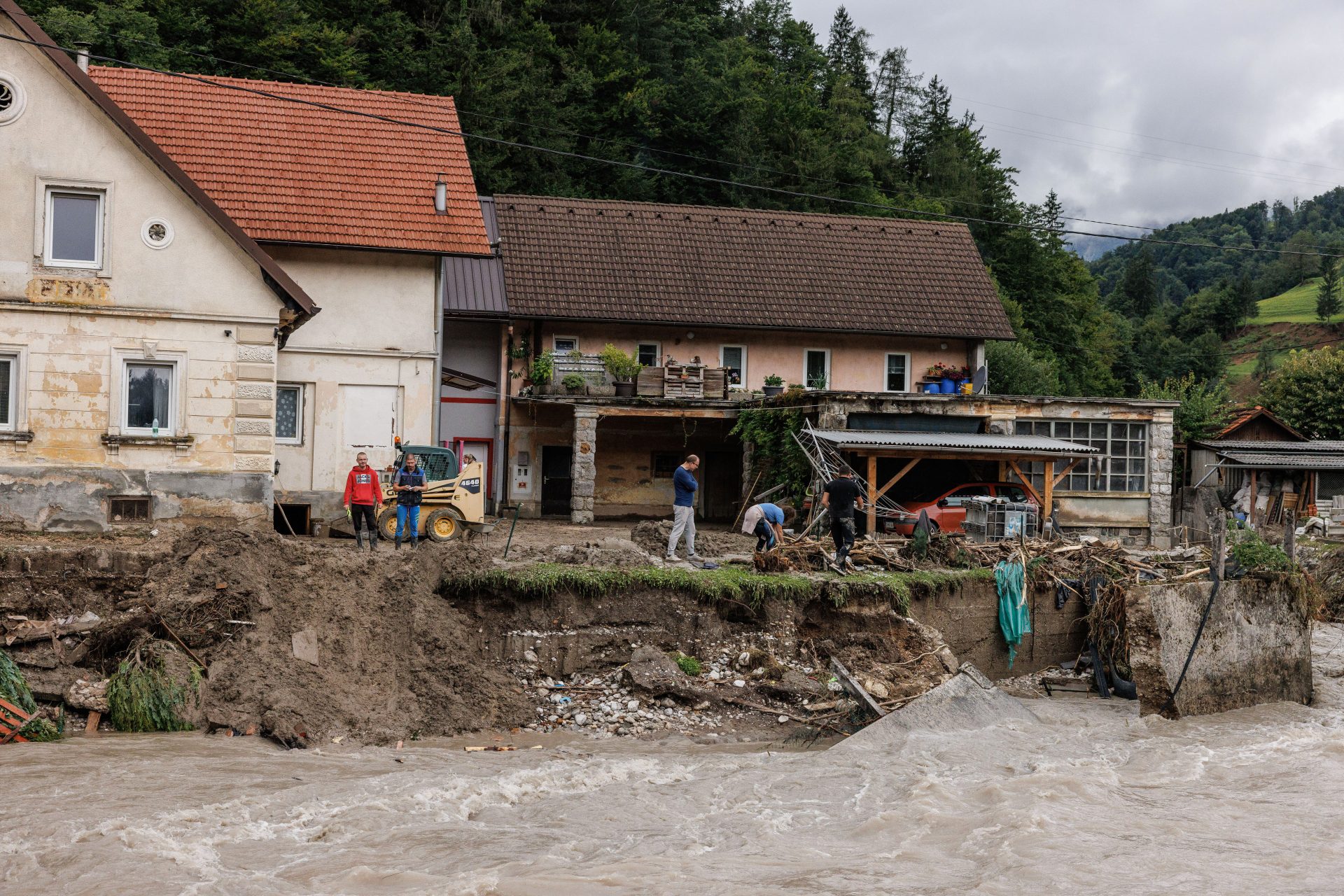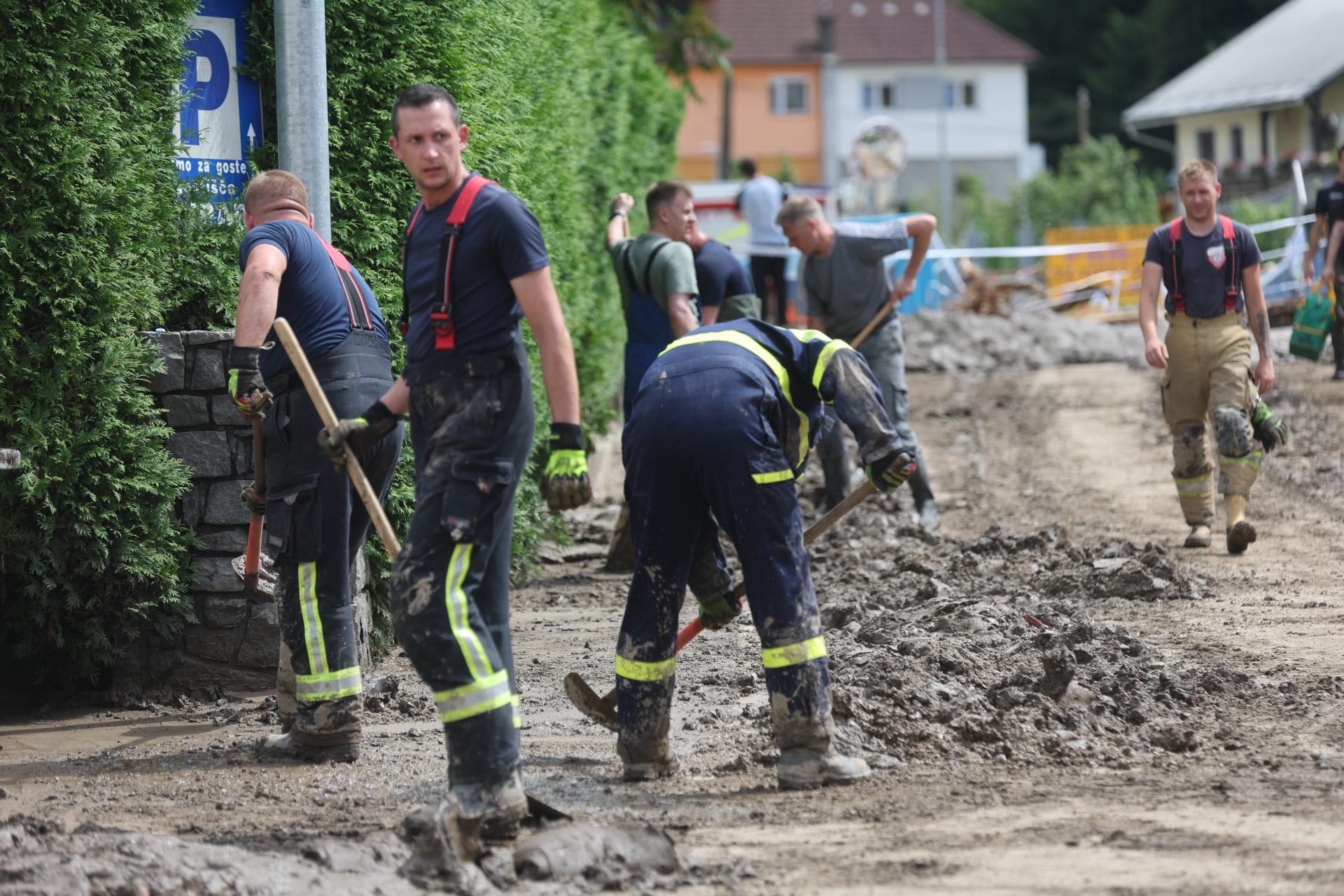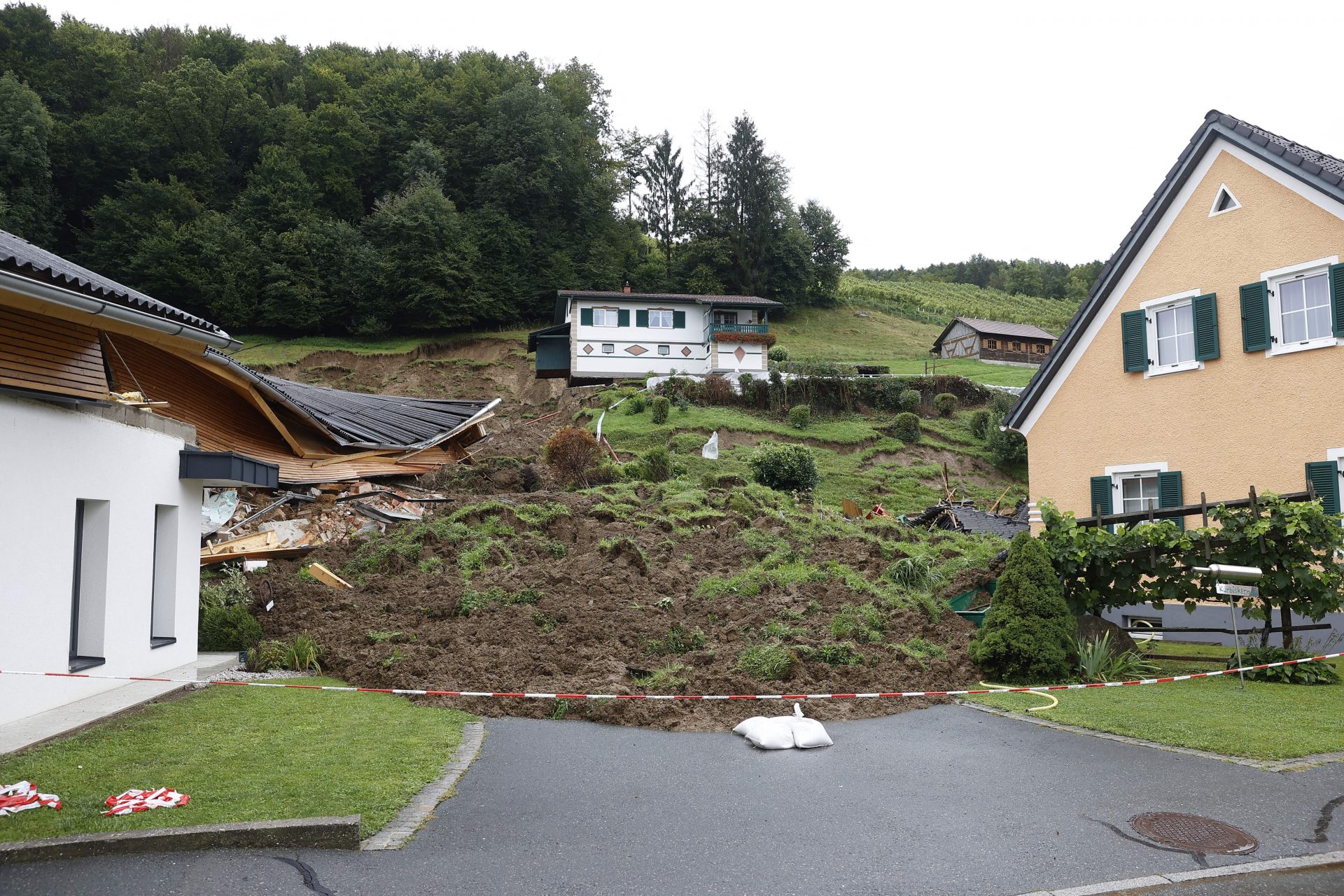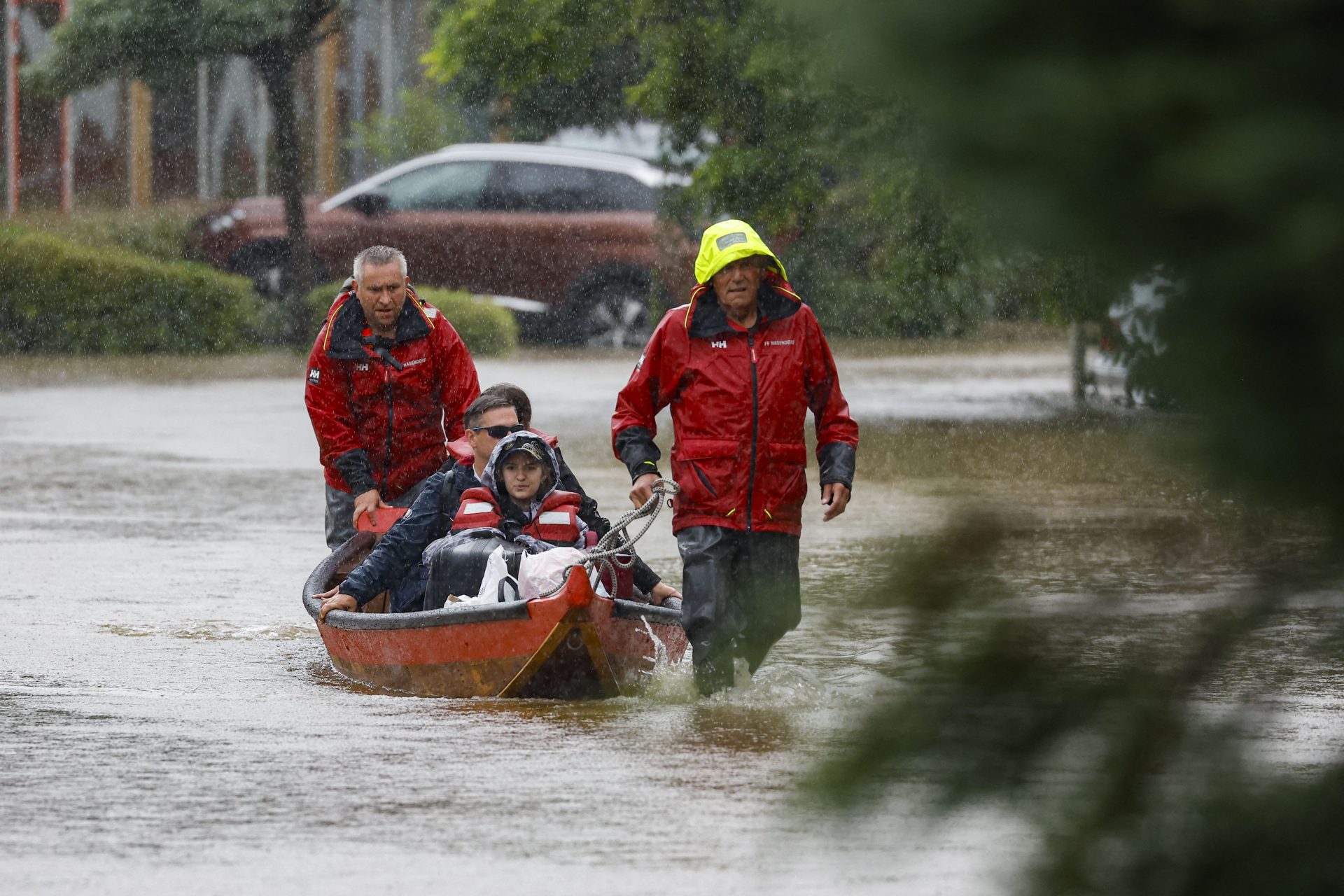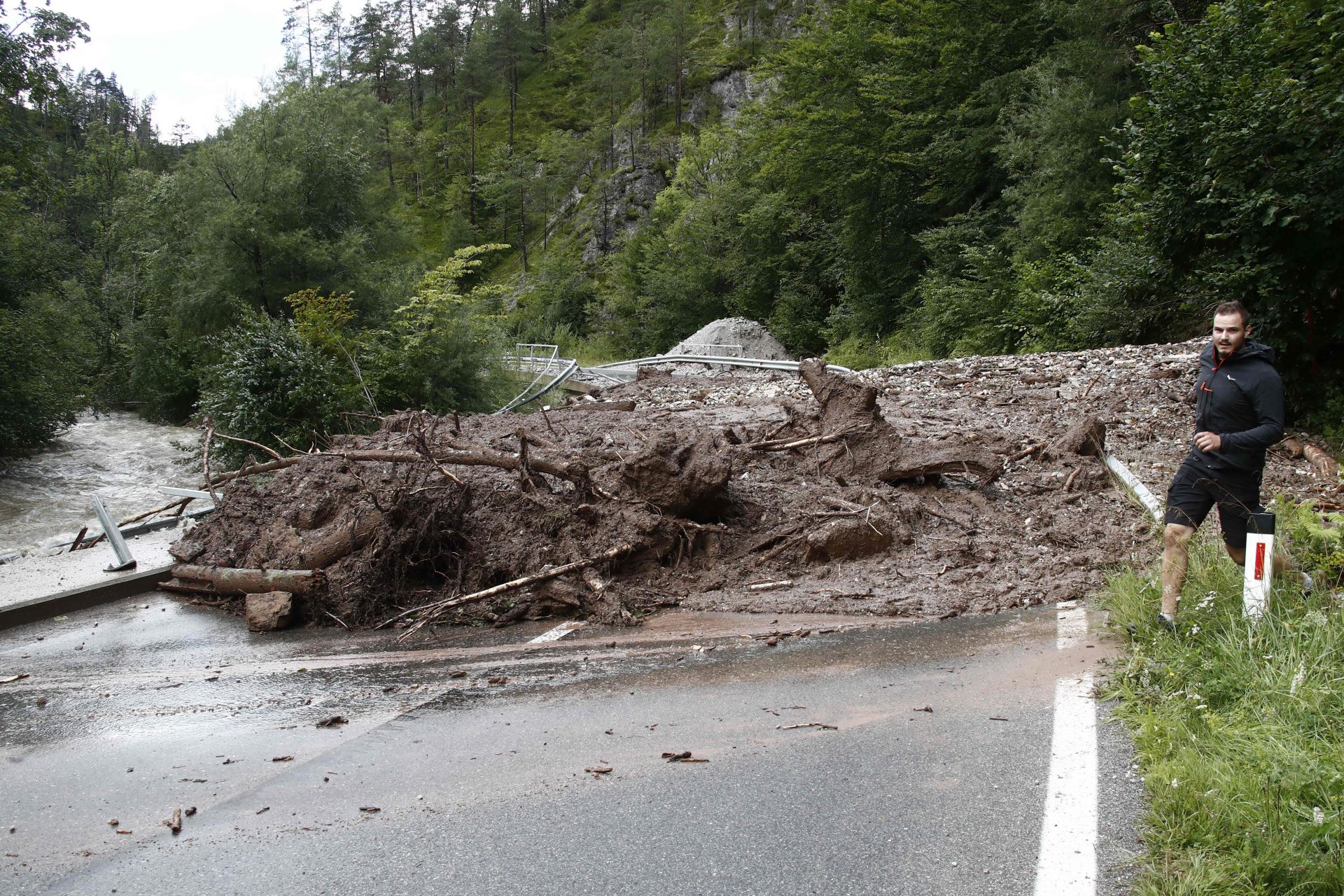Severe weather in Slovenia causes worst natural disaster in 30 years
After heavy rains on the first weekend of August in Slovenia, devastating floods followed, and local authorities declared a severe weather alert. Parts of Austria were also affected.
The evacuation of several villages was necessary because streams and rivers in several regions could no longer move rainwater away and floods inundated entire areas.
So far, four people have been reported dead. Two of the fatalities are said to be Dutch nationals.
Although the heavy rain fortunately eased off towards the end of August 6th, more disasters occurred.
Mudslides slid down step slopes after they had been softened by rain.
Locals and tourists had to be evacuated by helicopter.
Border crossings into Slovenia were partially closed, so long wait times arose for holiday goers who wanted to leave the region.
Robert Golob, Prime Minister of Slovenia, said it was the worst natural disaster in 30 years, as reported by the Frankfurter Allgemeine Zeitung (FAZ).
Two-thirds of Slovenia was affected by the heavy rains and the damage in economic terms amounted to 500 million euros so far, Golob said.
Ursula von der Leyen, President of the Commission of the European Union (EU), offered crisis assistance to Slovenia, which is a member of the union.
According to the news outlet Tagesschau, the Slovenian government asked the EU for support. Thirty excavators, 30 special vehicles for regulating watercourses, and special engineer teams are said to have been requested.
Slovenia also asked NATO for help, in the form of five military helicopters, each capable of transporting at least five tons. In addition, the country requested the deployment of 500 NATO soldiers for support.
Eastern Slovenia was hit particularly hard. A dam, built to protect communities against flooding, broke. Five hundred people had to be evacuated in the village of Dolnja Bistrica.
Austria was also hit by the effects of the heavy rain events, especially the federal states of Carinthia, Styria, and southern Burgenland.
A disaster alert was declared. The fire brigade and the army were called into action and lots of residents had to leave their homes.
In addition, roads had to be closed due to landslides, including border crossings. The Austrian automobile club advised against driving through the flood areas if possible, according to the FAZ.
The Austrian government under Chancellor Karl Nehammer announced that disaster funds would be made available.
More for you
Top Stories



